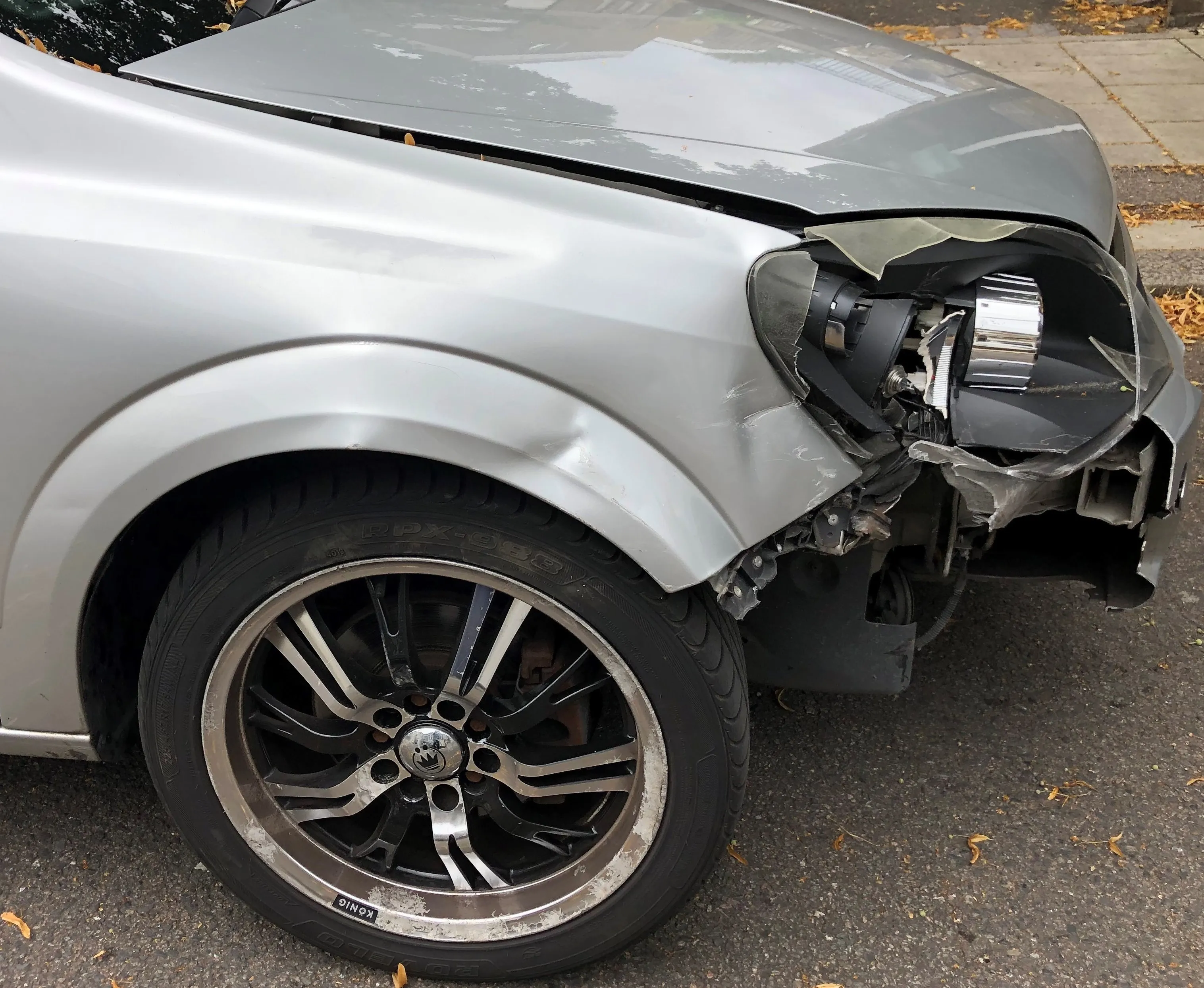The European Commission has adopted two proposals to ensure that, from October 2015, all new models of passenger cars and light duty vehicles will have to be fitted with 112 eCall, enabling them to automatically call emergency services in case of a serious crash. eCall is activated automatically as soon as in-vehicle sensors detect a serious crash. Once set off, the system dials the European emergency number 112, establishes a telephone link to the appropriate emergency call centre and sends details of the
June 14, 2013
Read time: 3 mins
The 1690 European Commission has adopted two proposals to ensure that, from October 2015, all new models of passenger cars and light duty vehicles will have to be fitted with 112 eCall, enabling them to automatically call emergency services in case of a serious crash.
eCall is activated automatically as soon as in-vehicle sensors detect a serious crash. Once set off, the system dials the European emergency number 112, establishes a telephone link to the appropriate emergency call centre and sends details of the accident to the rescue services, including the time of incident, the accurate position of the crashed vehicle and the direction of travel (most important on motorways and in tunnels). An eCall can also be triggered manually by pushing a button in the car, for example by a witness to a serious accident. It is estimated that it could save up to 2500 lives a year.
This draft legislation will ensure that from October 2015, not only will all cars be fitted with eCall, but the necessary infrastructure would be created for the proper receipt and handling of eCalls in emergency call response centres, ensuring the compatibility, interoperability and continuity of the EU-wide eCall service.
European Commission Vice-President Siim Kallas, responsible for Transport, said: "Today's proposals are a milestone for safer roads in the EU. Last year, 28 000 persons were killed and 1.5 million were injured on EU roads. When an accident happens, every minute counts to rescue injured victims. The eCall technology has great potential to save lives in shortening dramatically the time of intervention of emergency services and this across the EU."
European Commission Vice-President Antonio Tajani, Commissioner for Industry and Entrepreneurship, said: "The deployment of an interoperable EU-wide eCall system is an important progress in road safety. EU citizens can be reassured by this time and life-saving system which will help prevent loss of lives and injuries on our roads. It is also an important step forward to make our vehicles more intelligent and enhance our competitiveness.”
European Commission Vice-President Neelie Kroes, responsible for the Digital Agenda, said: "EU-wide eCall is a big step forward for road safety. When you need emergency support it's much better to be connected than to be alone, that's the value of ICT."
eCall is activated automatically as soon as in-vehicle sensors detect a serious crash. Once set off, the system dials the European emergency number 112, establishes a telephone link to the appropriate emergency call centre and sends details of the accident to the rescue services, including the time of incident, the accurate position of the crashed vehicle and the direction of travel (most important on motorways and in tunnels). An eCall can also be triggered manually by pushing a button in the car, for example by a witness to a serious accident. It is estimated that it could save up to 2500 lives a year.
This draft legislation will ensure that from October 2015, not only will all cars be fitted with eCall, but the necessary infrastructure would be created for the proper receipt and handling of eCalls in emergency call response centres, ensuring the compatibility, interoperability and continuity of the EU-wide eCall service.
European Commission Vice-President Siim Kallas, responsible for Transport, said: "Today's proposals are a milestone for safer roads in the EU. Last year, 28 000 persons were killed and 1.5 million were injured on EU roads. When an accident happens, every minute counts to rescue injured victims. The eCall technology has great potential to save lives in shortening dramatically the time of intervention of emergency services and this across the EU."
European Commission Vice-President Antonio Tajani, Commissioner for Industry and Entrepreneurship, said: "The deployment of an interoperable EU-wide eCall system is an important progress in road safety. EU citizens can be reassured by this time and life-saving system which will help prevent loss of lives and injuries on our roads. It is also an important step forward to make our vehicles more intelligent and enhance our competitiveness.”
European Commission Vice-President Neelie Kroes, responsible for the Digital Agenda, said: "EU-wide eCall is a big step forward for road safety. When you need emergency support it's much better to be connected than to be alone, that's the value of ICT."








